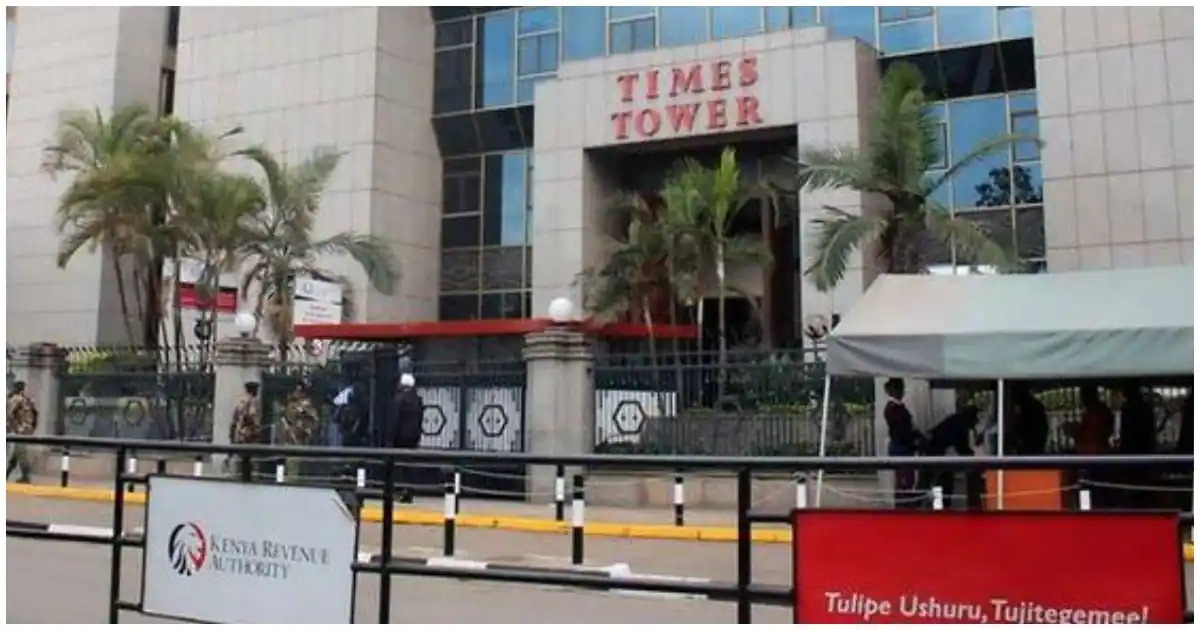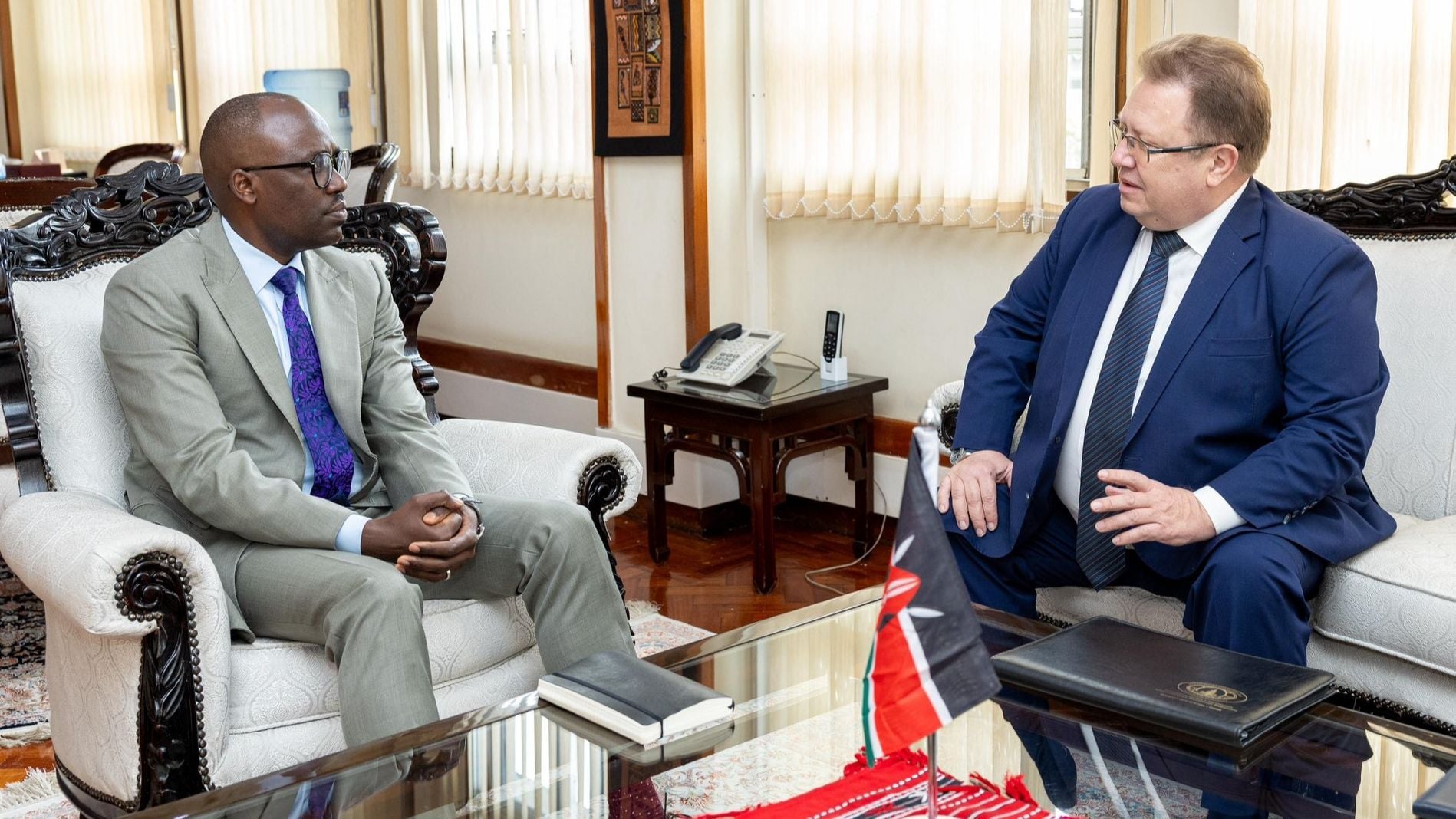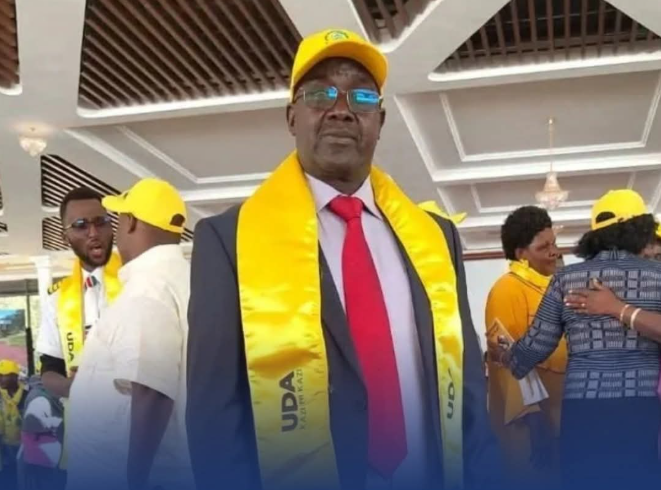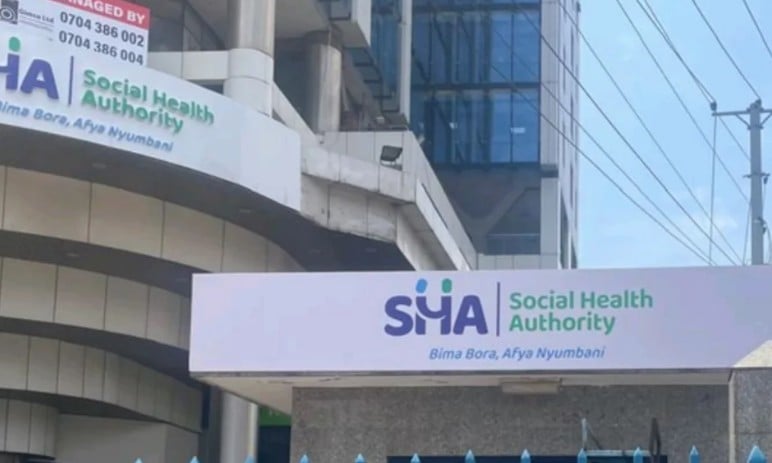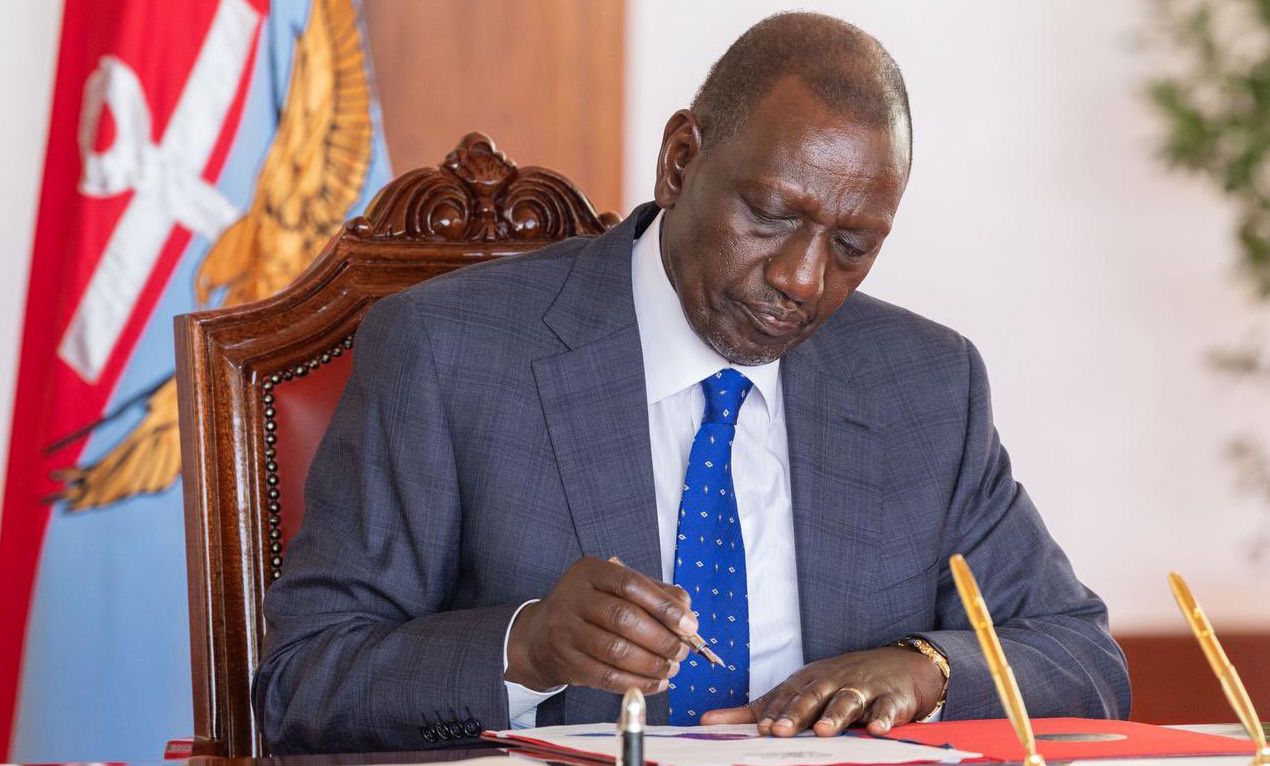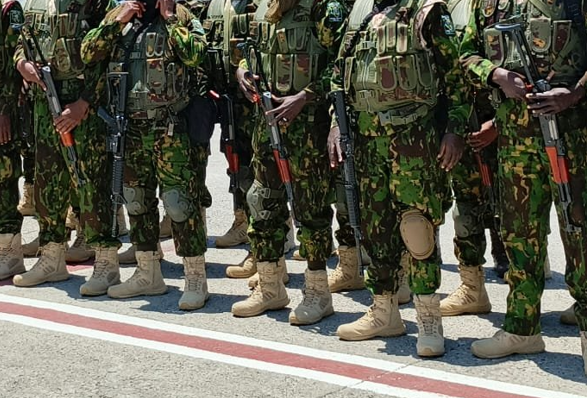The Kenya Revenue Authority has issued a final notice to transporters conveying transit goods and other commodities under customs control, warning that their licenses will expire on December 31, 2025.
In a statement released on Monday, September 22, KRA reminded all transporters operating under the East African Community Customs Management Act that they must renew their licenses for the year 2026 to continue operations.
The revenue authority specified that the notice applies to vehicles conveying transit goods (C28) and vehicles conveying other goods under customs control (C40), as provided for in Section 244 of the East African Community Customs Management Act, 2004, and Regulations 164 & 210 of the East African Community Customs Management Regulations, 2010.
Transporters are required to submit comprehensive documentation, including copies of motor vehicle log books, valid insurance certificates, and COMESA Yellow Card coverage for foreign vehicles.
Additionally, applicants must present duly filled application forms signed and stamped by customs officers.
Read More
The licensing process requires applications to be submitted through customs regional offices in Mombasa, Kisumu, Nakuru, Eldoret, and Times Tower in Nairobi.
Successful applicants must pay a license fee of Ksh25,828 or US$200 per license.
KRA has set a strict deadline of October 31, 2025, for all applications to be received, giving transporters just over a month to complete the renewal process.
Still in the transport sector, the Long Distance Drivers and Conductors Association made a passionate appeal to President William Ruto on Sunday, highlighting the numerous challenges facing Kenya's transportation workforce.

In an open letter signed by the association's leadership, the drivers outlined ten critical areas requiring urgent government intervention, representing what they described as over 5 million Kenyans who earn their livelihood directly from driving.
Among their primary concerns, the drivers cited workplace and mental health challenges, with many forced to work grueling hours under inhumane conditions.
They reported widespread depression, stress, and burnout with little access to support systems, calling for a national framework for fair pay and mental health care.
The association also highlighted persistent issues with government agency inefficiency, particularly criticizing the National Transport and Safety Authority (NTSA), Kenya National Highways Authority (KeNHA), and Kenya Revenue Authority for being reactive, bureaucratic, and corrupt.
Police harassment and extortion emerged as another major concern, with drivers describing daily experiences of arbitrary arrests and trumped-up charges that drain their income and fuel corruption in the transport chain.
Security concerns featured prominently in their appeal, with the association noting that routes in North Eastern, Western, Nyanza, Rift Valley, and Coast regions remain danger zones prone to armed attacks, hijackings, and banditry.
In their appeal, the association requested the establishment of a Presidential Drivers' Roundtable, a minimum wage framework with labor protections, stronger diplomatic protection for drivers abroad, and an exclusive health insurance scheme covering cross-border risks and mental health support.
